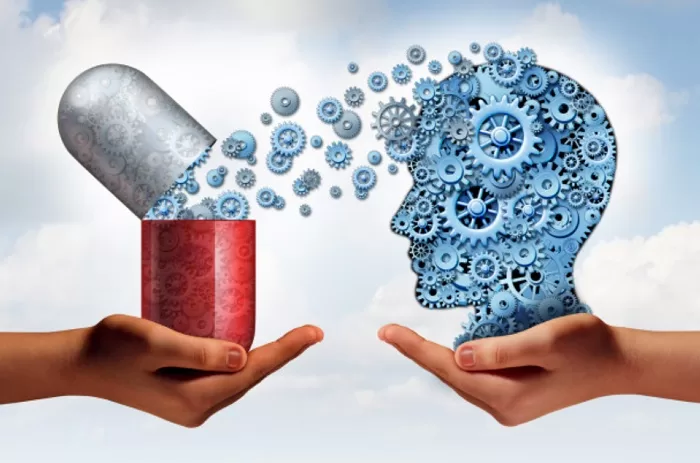Health
Surprising Reasons Some Psychiatric Medications Fail

- Despite significant financing and breakthroughs in mental health care, suicide rates in the United States have hit an all-time high, emphasising the complexities of mental disease and treatment effectiveness.
- The idea that chemical imbalances are the major cause of mental disease has been questioned, with research indicating that individual responses to psychiatric drugs differ greatly due to genetic, biological, and social factors.
- A personalised approach to mental health care, which includes lifestyle changes and complementary therapies, is critical for improving patient outcomes and addressing the multidimensional character of mental illnesses.
World Mental Health Day, held on October 10th, serves as a sobering reminder of the ongoing issues in mental health care. Despite considerable advances in research and therapy, millions of people throughout the world continue to suffer from mental illnesses. In the United States, for example, more than 50,000 people died by suicide in 2023, the greatest number ever recorded. While institutions such as the National Institutes of Health (NIH) committed an impressive $1.25 billion in mental health research last year, many patients continue to struggle to obtain adequate relief from psychiatric drugs. This article delves into the intricacies of psychiatric drug efficacy and the different elements determining its success.
Complexity of Mental Illness
Mental diseases are not easy to diagnose or treat. They result from a complex interaction of genetic, environmental, and psychological variables. This complication makes it difficult to design a one-size-fits-all therapy strategy. What works for one person may be completely ineffective for another, even if they have the same illness. For example, while antidepressants may help some people, others may have little or no benefit from the same meds.
Limitations in Current Research
Despite advances in psychiatric science, there are still substantial limitations. Many studies use small sample sizes, which can limit the generalizability of the findings to a larger population. Furthermore, much of current research focuses on short-term outcomes, which may neglect the long-term consequences of drugs. To improve treatment options, more detailed and nuanced research into the different aspects that influence medication efficacy is required.
Individual Variations in Response
One of the key reasons why psychiatric drugs may fall short of expectations is the wide range of individual responses. Genetics, metabolic variations, and co-existing medical disorders can all affect how a person reacts to treatment. Individuals with unique genetic markers, for example, may metabolise drugs differently, which has a substantial impact on their effectiveness. This emphasises the importance of a customised approach to treatment.
The Role of Lifestyle Factors
Lifestyle factors influence the effectiveness of mental drugs. Diet, exercise, and sleep all play important roles in general mental health. A bad diet, for example, may prevent the absorption of critical nutrients that promote mental health, whereas regular exercise has been shown to improve mood and reduce symptoms of depression and anxiety. Furthermore, getting enough sleep is essential for preserving overall health and increasing the effectiveness of medication.
The Impact of Social Factors
Social factors like stress, trauma, and the availability of social support all have a substantial impact on the success of psychiatric treatments. Chronic stress can worsen mental health symptoms and reduce the body’s ability to respond to treatment. Furthermore, trauma can have a significant impact on mental health, necessitating the use of additional therapeutic interventions in conjunction with medicine.
The Importance of Personalised Treatment
Given the difficulties involved, a personalised therapeutic approach is required. This procedure starts with a thorough evaluation of a person’s symptoms, medical history, and lifestyle factors. Based on this data, a personalised treatment plan can be created, which may involve medication, therapy, or a mix of the two. This tailored method improves the likelihood of effective symptom alleviation.
Beyond Medication: Complementary and Alternative Therapies
In addition to established psychiatric drugs, many people can benefit from complementary and alternative therapies (CAM). These may include mindfulness activities, yoga, acupuncture, and herbal medicines. However, it is critical to check with a healthcare practitioner before beginning any new treatment, as some CAM therapies may interfere with prescription medications.
The Future of Psychiatric Treatment
The field of mental care is constantly developing. Recent advancements in neuroscience and genetics bring new information about the causes and treatments of mental diseases. As our understanding of these complicated illnesses grows, we can expect more tailored and effective treatments to become available.



















































